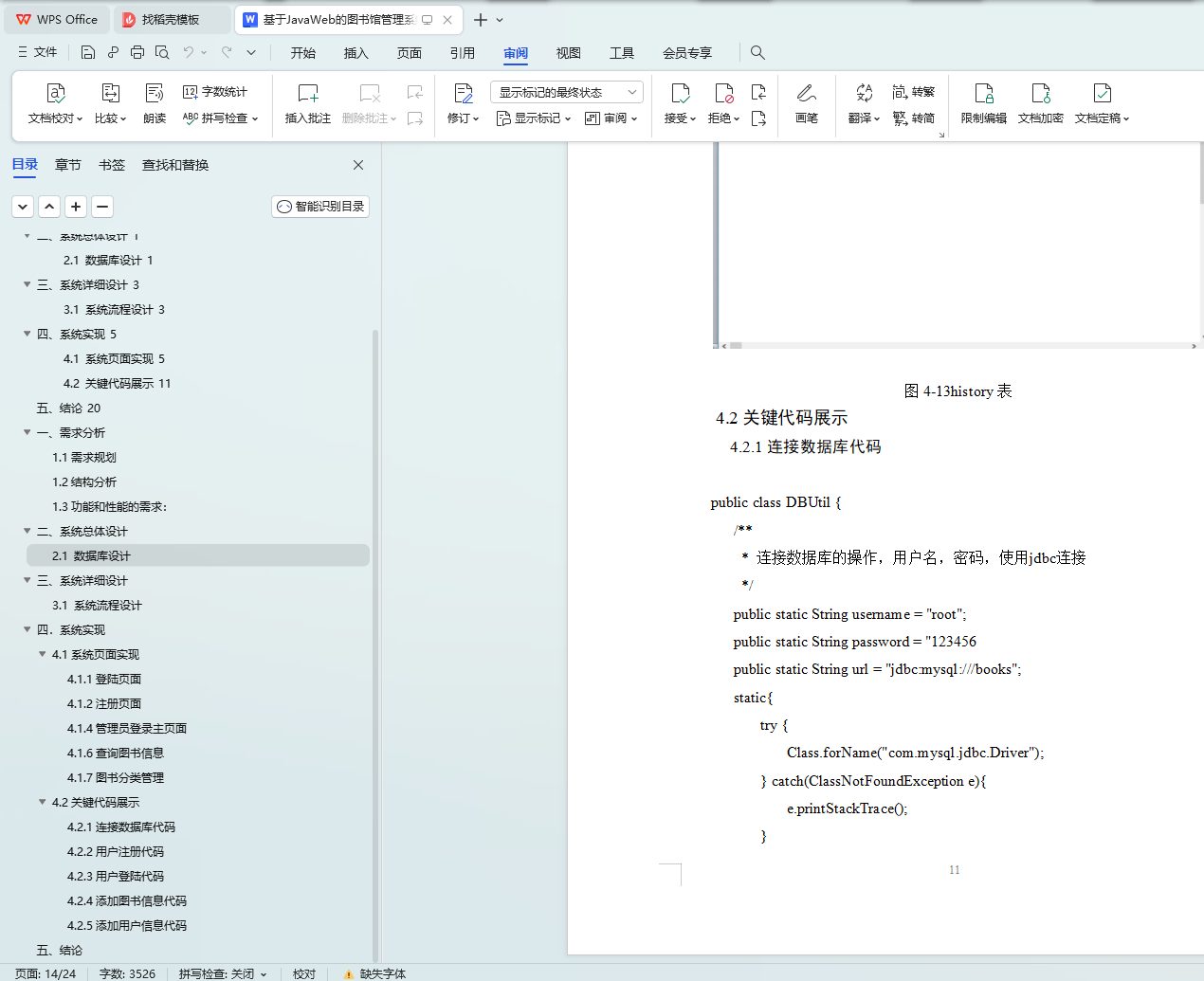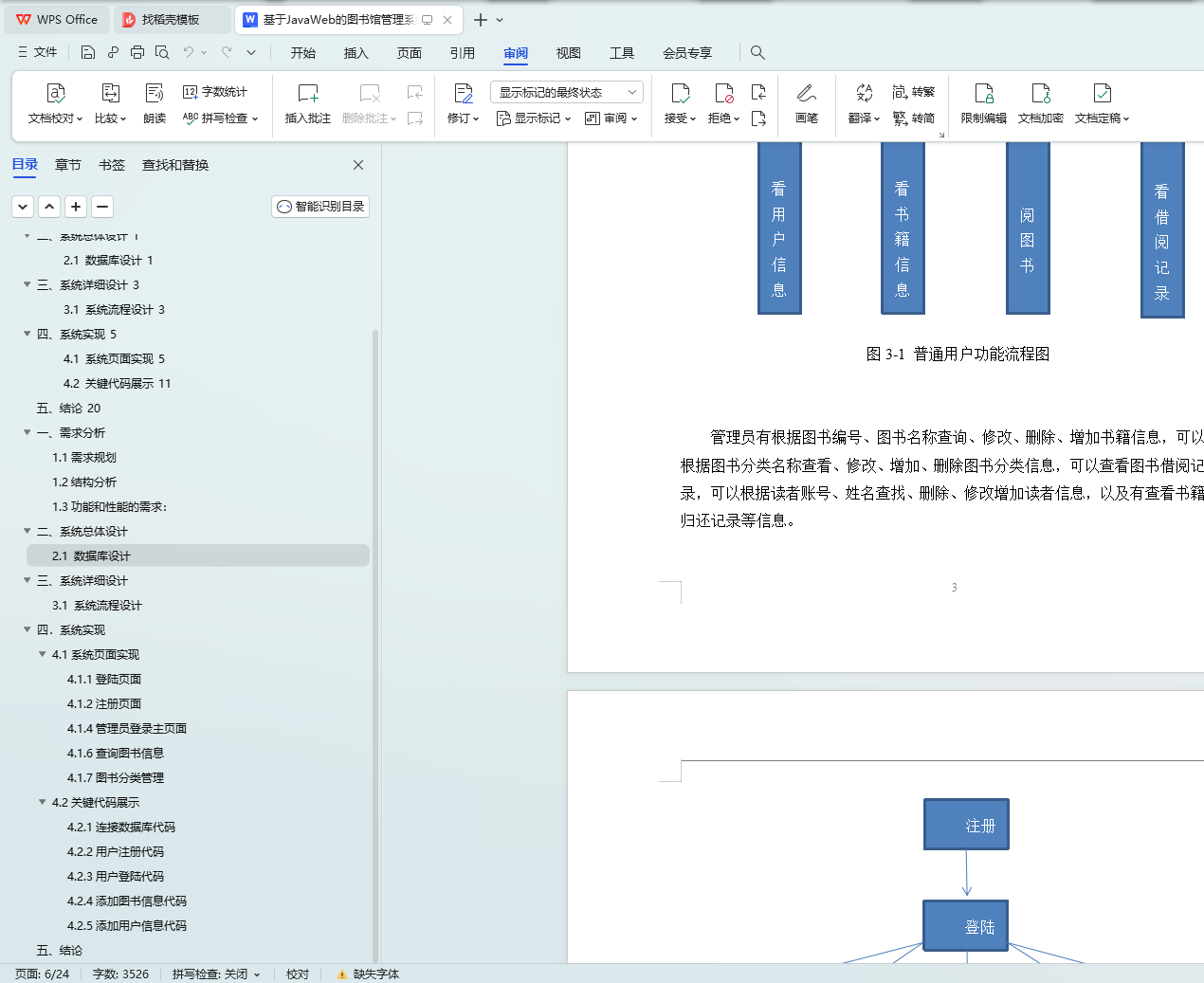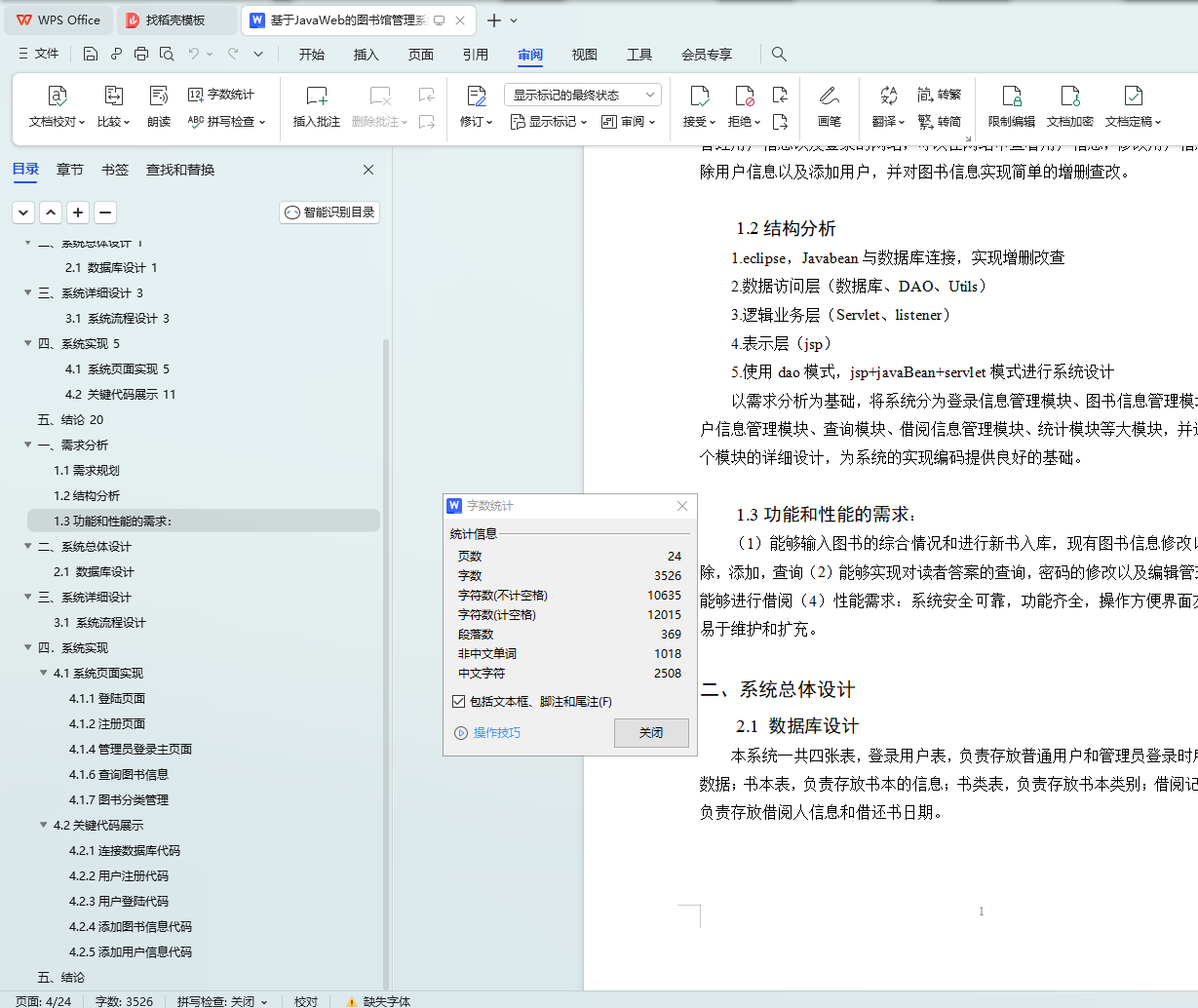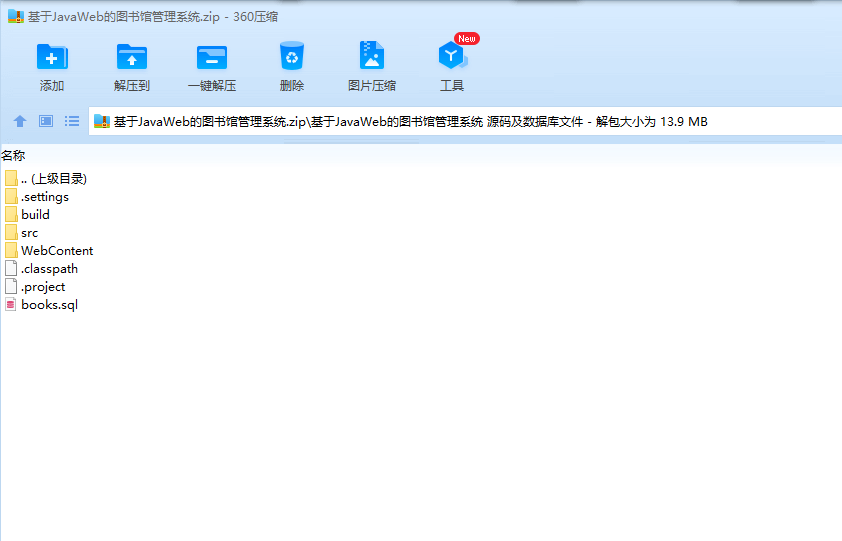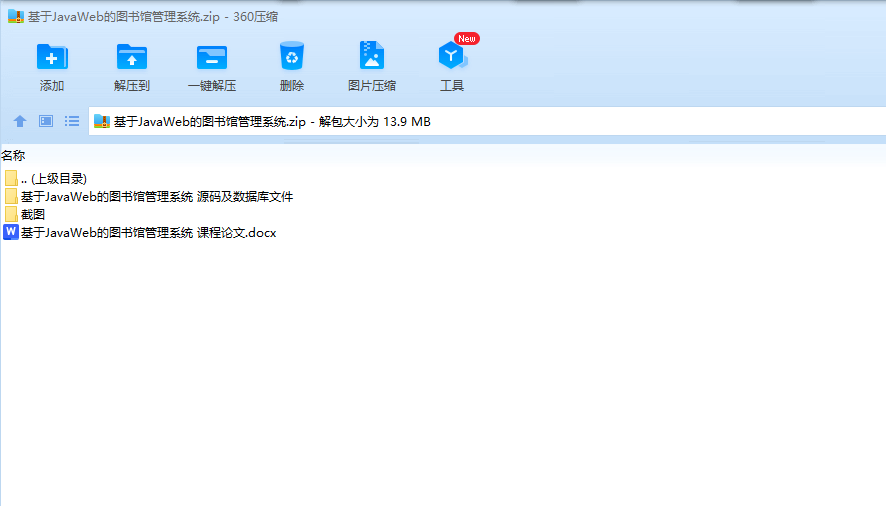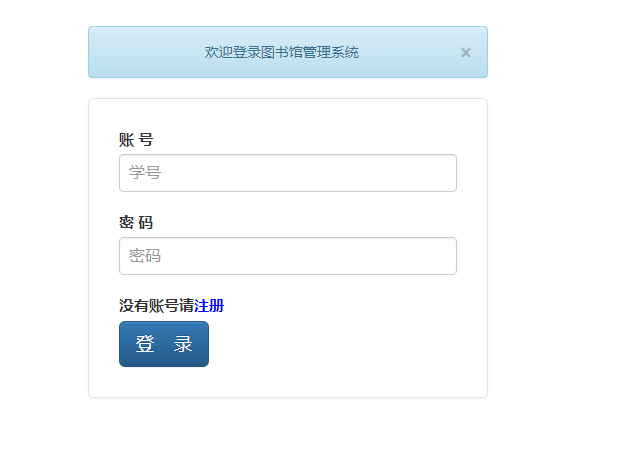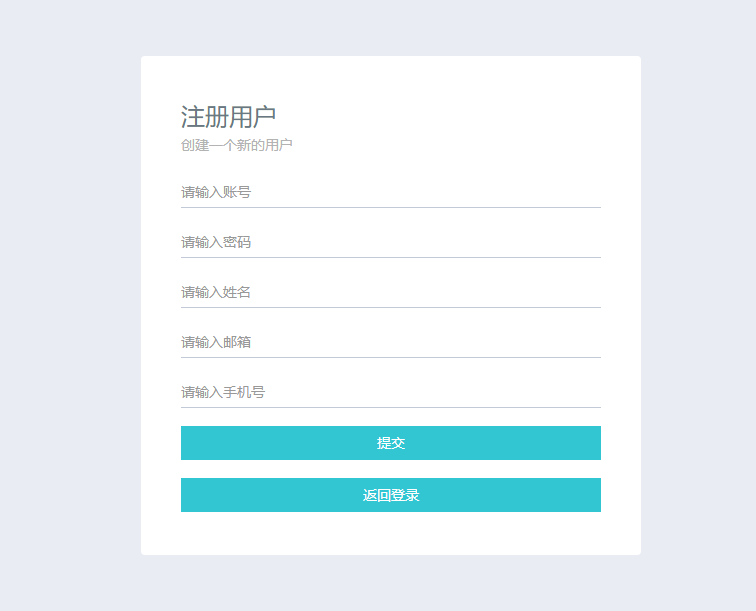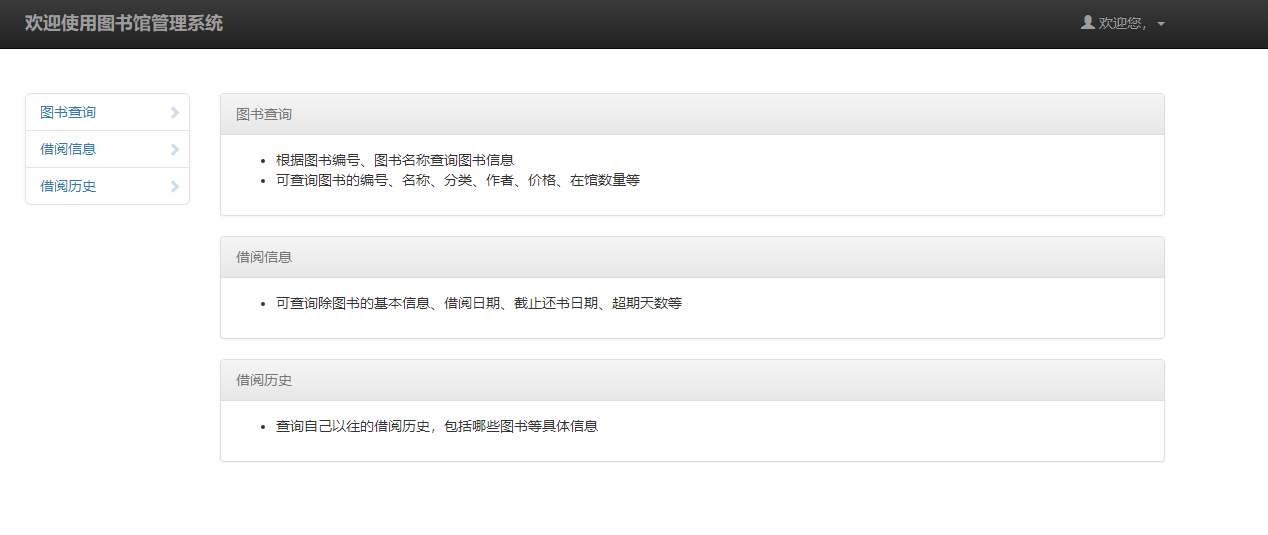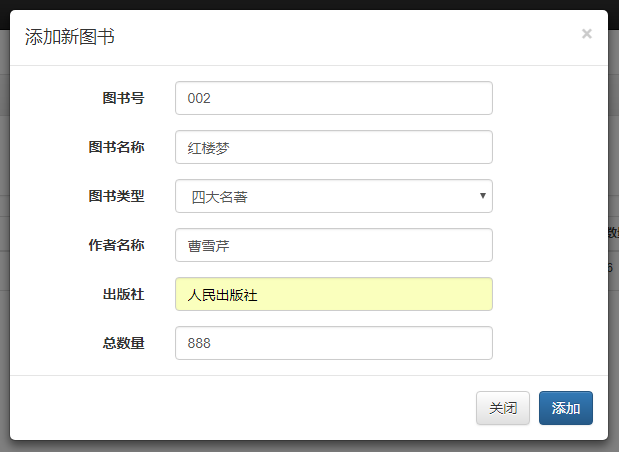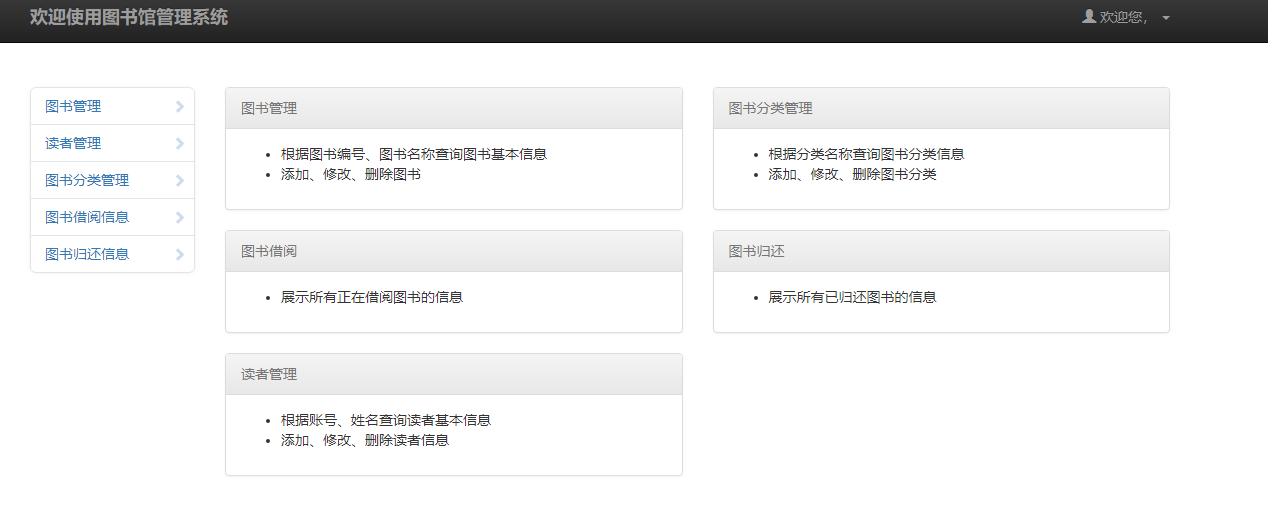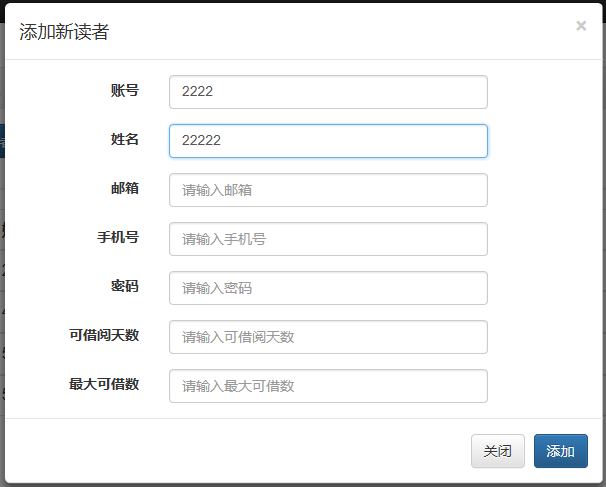摘 要
随着计算机技术的飞快发展,电子信息化的管理系统成为了一种现代流行的经营模式,更能够有效提高管理效率。
图书管理系统是学校管理机制中重要的一环。图书馆代表着一间学校或者地区的文化标志。因为图书馆丰富的图书资源能够带给我们重要并且优越的学习资源。通过对图书管理系统的运行管理机制进行调查研究,开发了此图书管理系统。这个系统中解决了学校图书管理事务中的常用基本问题以及相关的统计工作。为了方便现代图书管理,网站的后台登录与注册,应要求搭建一个用于管理用户信息以及登录的网站,可以在网站中查看用户信息,修改用户信息,删除用户信息以及添加用户,并对图书信息实现简单的增删查改。
系统分为登录信息管理模块、图书信息管理模块、用户信息管理模块、查询模块、借阅信息管理模块、统计模块等大模块。
关键词:计算机技术、图书管理、数据库、用户信息、模块
ABSTRACT
With the rapid development of computer technology, electronic information management system has become a modern and popular business model, more effective to improve management efficiency.
Library management system is an important part of school management mechanism. A library represents the cultural identity of a school or area. Because the library rich book resources can bring us important and superior learning resources. Through the investigation of the operation and management mechanism of the Library Management System, the library management system is developed. This system has solved the School Library Management Affairs in common use the basic question as well as the related statistical work. In order to facilitate modern library management, the background login and registration of the website should be required to set up a website for managing user information and Login, in which user information can be viewed and user information can be modified, delete user information and add users, and the book information to achieve a simple addition, deletion and change.
The system is divided into login information management module, book Information Management Module, User Information Management Module, query module, lending information management module, statistical module and other large modules.
Key words: Computer Technology, Library Management, database,
User Information, modules
目 录
一、需求分析 1
1.1 需求规划 1
1.2 结构分析 1
1.3 功能和性能的需求 1
二、系统总体设计 1
2.1 数据库设计 1
三、系统详细设计 3
3.1 系统流程设计 3
四、系统实现 5
4.1 系统页面实现 5
4.1.1 登陆页面 5
4.1.2 注册页面 5
4.1.3 普通用户登陆主界面 6
4.1.4 管理员登录主页面 6
4.1.5 添加图书信息 7
4.1.6 查询图书信息 7
4.1.7 图书分类管理 8
4.1.8 管理员添加读者 8
4.2 关键代码展示 11
4.2.1 连接数据库代码 11
4.2.2 用户注册代码 13
4.2.3 用户登陆代码 15
4.2.4 添加图书信息代码 17
4.2.5 添加用户信息代码 18
五、结论 20
参考文献 21
